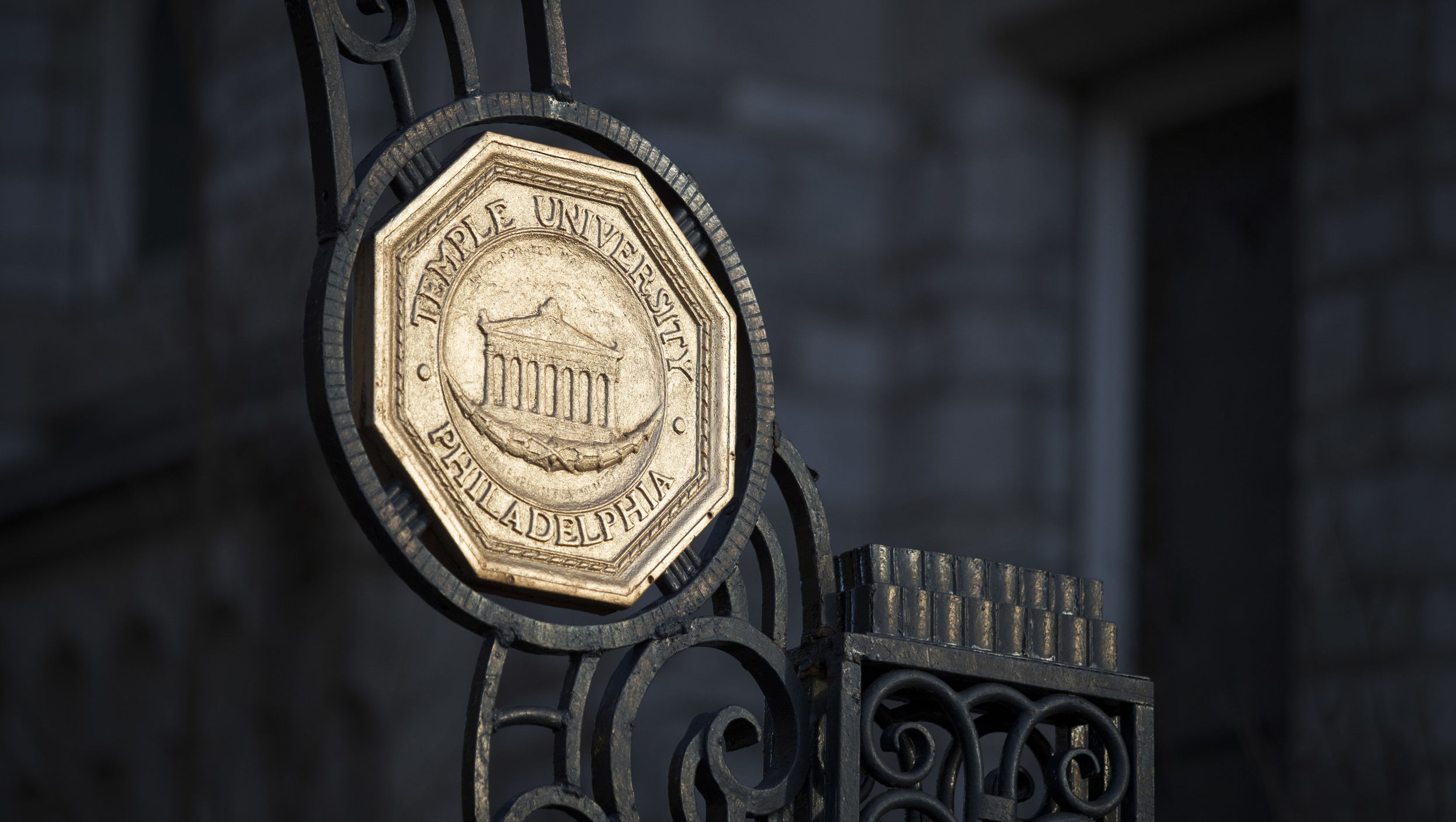Temple to conduct extended review of Student Conduct Code
This critical moment in our history prompted Temple University to conduct an extended review of its Student Conduct Code with special attention to sections related to First Amendment rights and free speech.

This critical moment in our history has prompted Temple University to conduct an expanded review of its Student Conduct Code and consider more intentionally the extent to which university policies can address racist behavior, with special attention to sections that relate to First Amendment rights and free speech.
The review is an extension of the regular review and update of the code that occurs every two years. A special committee of students, faculty and staff with diverse backgrounds, experiences and perspectives will be appointed by President Richard M. Englert to provide their input and expertise on the review. The committee will include more students and faculty than the typical biannual review process to ensure a wide array of viewpoints and expertise will be represented.
“The university has stated its strong opposition to racism and its commitment to working for racial equity. It also is important to use this moment in time for a deeper review of our code to ensure that it aligns with that commitment,” said Senior Advisor for Equity, Diversity and Inclusion Valerie Harrison, who will help to spearhead the review process.
The extended review will not halt the regular biannual review of the code, which began in November 2019 and continued through the spring. Those updates, including Title IX-related changes and others recommended by the review committee, will go into effect as the expanded review takes place.
“We have students, faculty and staff who’ve been part of the code review process, but we’re going to expand the code review committee to include faculty, for example, who have specific expertise in constitutional law, students—including graduate students—who have a lot of experience and knowledge. These additional voices will be invaluable as we grapple with how we can condemn racism on our campus and put the might of enforcement behind that in ways that our code will allow,” said Associate Vice President and Dean of Students Stephanie Ives.
Ives’ office has responded to a number of complaints made against Temple students who have posted racial epithets and racist language on social media in recent weeks. She said that in each instance, a thorough review is conducted, and the student in question receives direct outreach from the Dean of Students Office that includes educational guidance, including connecting the student with the university’s Office of Institutional Diversity, Equity, Advocacy and Leadership (IDEAL).
“I’ve been incredibly disheartened and disappointed that any of our students have engaged in these behaviors. I’ve also been glad they’ve been reported to us,” Ives said, adding that in reaching out to students who have made racist and hurtful posts on social media, Temple begins a process of providing education and aiding in the student’s growth if they remain a part of Temple’s community.
“IDEAL will continue to offer resources, training and other programming geared to student growth and development, with an emphasis on antiracism,” Harrison said.
The group that will provide input on the extended review will be convened over the summer. Changes made to the Student Conduct Code as a result of this review will be communicated to the university community when they are established.